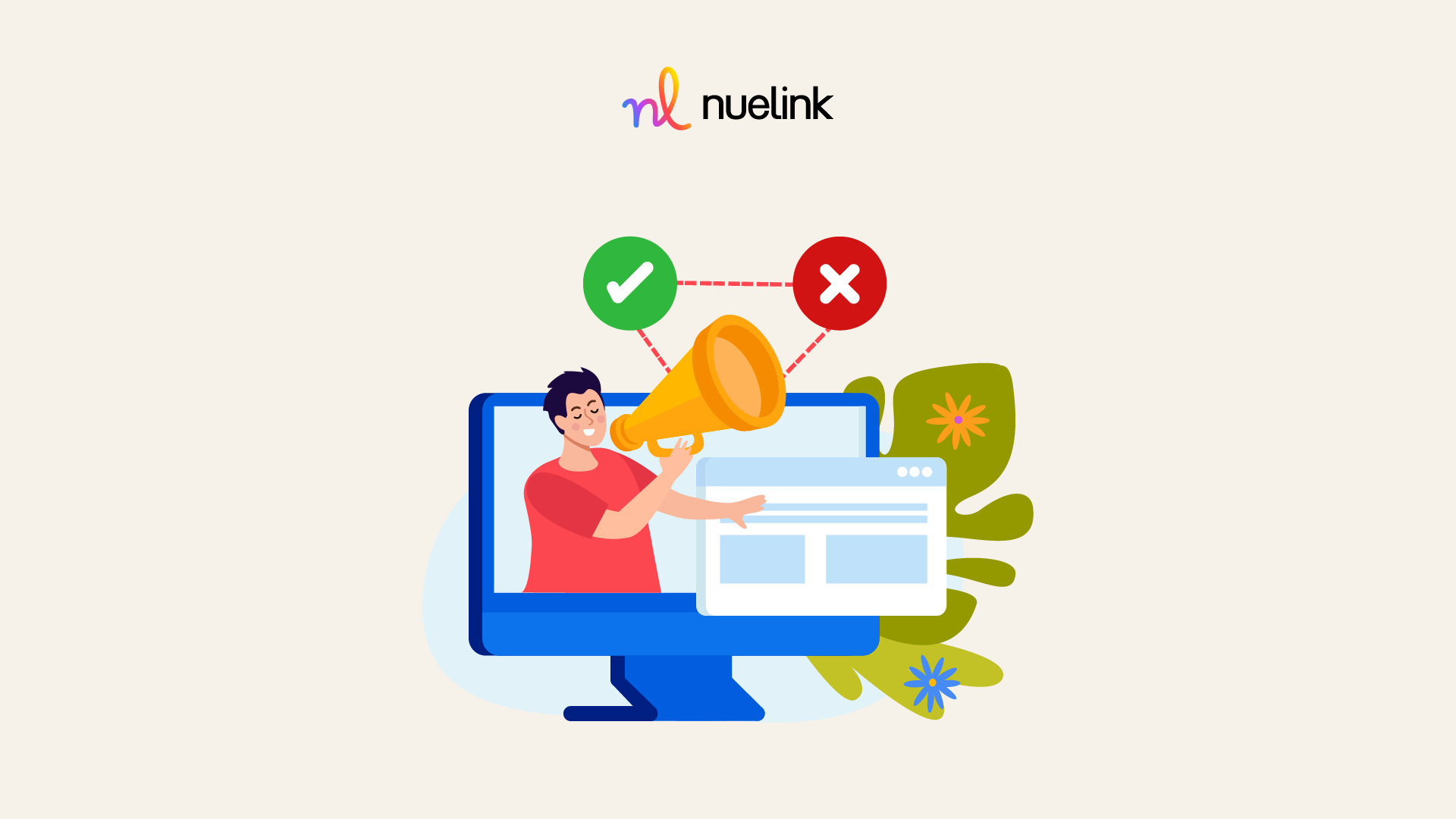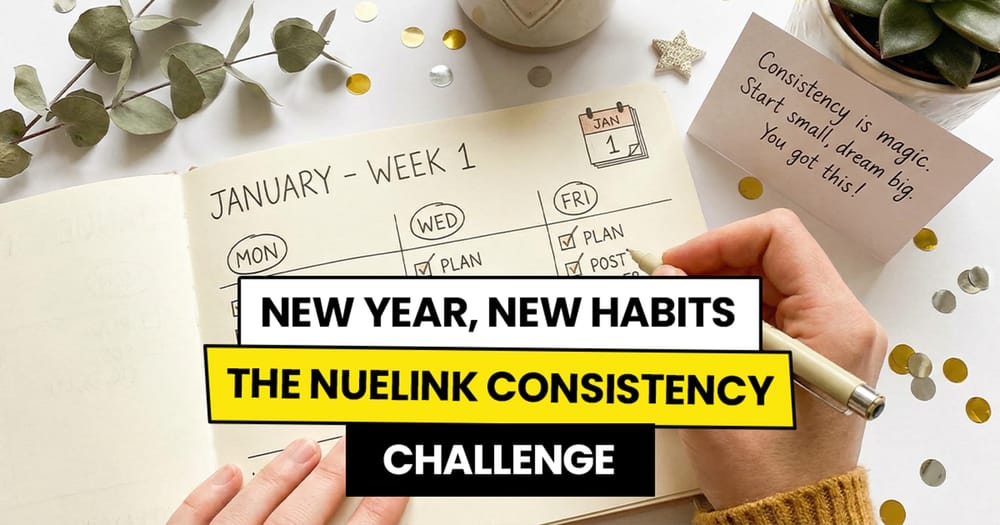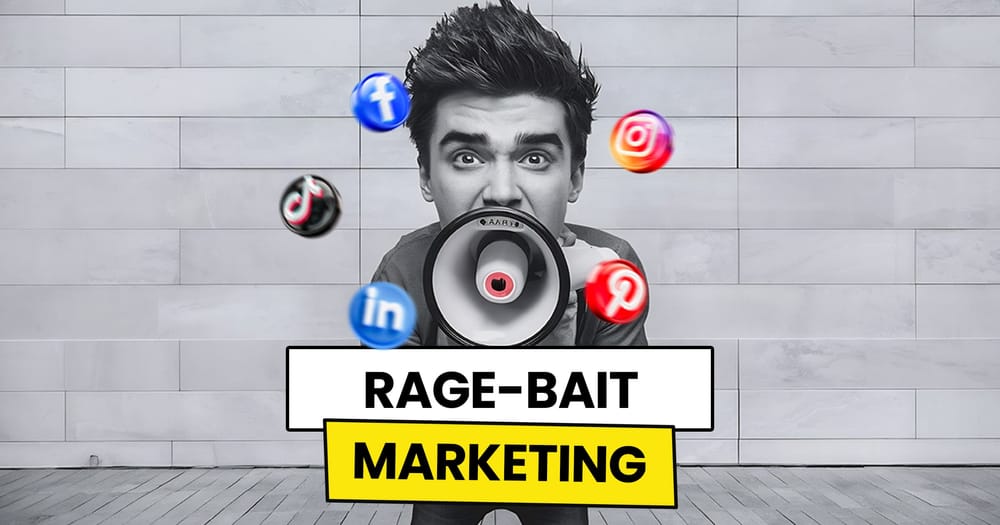Over the past few years, you’ve likely noticed a surge in marketing campaigns tailored to various seasons and events. From festive holiday ads to back-to-school promotions, businesses everywhere utilize seasonal marketing to connect with consumers meaningfully.
Most businesses are now knee-deep in planning and preparing their Christmas and New Year’s social media campaigns, but it’s not too late to get started. But what are the best strategies to ensure your seasonal marketing efforts stand out and achieve success?
In this blog post, we will delve into the most effective seasonal marketing strategies that can help you capture attention, engage your audience, and drive sales throughout the year.
Outline:
What Is Seasonal Marketing?
Why is Seasonal Marketing Important?
What are the Pros and Cons of Seasonal Marketing?
The Best Seasonal Marketing Strategies
What Is Seasonal Marketing?
Seasonal marketing is a strategic approach that synchronizes your marketing strategies with specific periods of the year, including national holidays, cultural celebrations, and major events.
This strategy capitalizes on the increased consumer enthusiasm and heightens emotional engagement that accompanies these times.
By tailoring marketing campaigns to align with seasons or events, businesses aim to enhance their relevance and resonance with their target audience. For example, promotional efforts around Christmas, Halloween, or the 2024 Paris Olympics can effectively tap into the festive spirit and increase consumer spending typical of these periods. But, what are the key aspects of seasonal marketing? Let’s find out:
Timing: Campaigns are timed to coincide with particular dates or events that are significant to your brand, such as back-to-school season or Halloween. You can use a social media management tool like Nuelink to set a time frame for your seasonal marketing content and post it to several platforms from one dashboard.
Relevance: Content and promotions are designed to align with the themes and sentiments of the season or event, making them more aesthetic and engaging to the audience. You can use some of these Canva templates we created, they include some great holiday designs.
Emotional Connection: By connecting with the emotions and behaviors associated with a specific time of year, seasonal marketing can foster a deeper connection with consumers and influence their purchasing decisions.
Why is Seasonal Marketing Important?

Seasonal marketing can significantly boost sales for various types of businesses, regardless of your industry. Here's why seasonal marketing is important and how it benefits your business:
Boosting Brand Visibility
Seasonal marketing allows companies to capture consumer attention and stand out in the marketplace. According to some statistics, 89% of marketers found an increase in brand exposure by using social media.
Whether through themed campaigns, festive promotions, or holiday-inspired content, seasonal marketing helps brands showcase their offerings, making a lasting impression on consumers.
Deepening Consumer Connections
One of the main objectives of marketing is to establish meaningful connections with customers. Seasonal marketing provides a special opportunity to engage with consumers by appealing to their emotions, traditions, and experiences linked to specific seasons or holidays.
By aligning marketing efforts with the spirit of the season, businesses can connect with their audience on a more personal level, fostering stronger relationships and increasing customer loyalty over time.
Maximizing Sales Opportunities
During peak seasons or holidays, consumers are often more inclined to make purchases. This presents an opportunity for businesses to adjust pricing strategies and promote upgrades.
Seasonal marketing strategies can highlight special offers, bundles, or limited-time deals, encouraging customers to spend more and explore a broader range of products or services.
Strengthening Customer Relationships
A well-executed seasonal campaign demonstrates that a business is attentive to its customers' preferences and needs, fostering a sense of connection and trust.
This attentiveness can lead to increased customer loyalty and advocacy, contributing to long-term success and a positive brand image.
What are the Pros and Cons of Seasonal Marketing?
Before you cannonball into the seasonal marketing pool, let’s take a minute to weigh the potential pros and cons that lie ahead. On the upside:

Tapping into Seasonal Interests
A well-crafted seasonal advertising plan allows your brand to ride the wave of consumer interests and purchasing habits during specific occasions. By aligning your marketing efforts with these peak periods, you can generate substantial business results.
Seasonal advertising taps into the heightened emotions and excitement that come with different seasons, creating a stronger bond between your brand and your target market.
Emotional Connection
We have already covered this, but seasonal marketing campaigns resonate deeply with customers by tapping into the emotions associated with specific holidays or events.
This emotional connection can enhance brand loyalty and make your marketing efforts more impactful.
Increased Brand Visibility
Adding a seasonal twist to your campaigns can capture attention and differentiate your brand in the marketplace. Whether it’s through festive promotions, themed content, or holiday-inspired visuals, seasonal marketing can make your brand more memorable to your ideal customers. On the downside:
Short-lived Impact
One of the main drawbacks of seasonal marketing is its temporary nature. Once the holiday or event is over, consumer interest often drops, leading to a short-lived impact on your campaign.
This means that the benefits of seasonal marketing can be fleeting, requiring constant marketing for each new season.
Crowded Market
During major holidays or events, many businesses jump on the seasonal marketing bandwagon. This can result in a saturated market where your campaign may struggle to stand out among numerous similar promotions.
The competition for consumer attention becomes fierce, making it challenging for your message to cut through the noise.
It’s not Cheap
Crafting an effective seasonal marketing plan requires significant time, effort, and resources. From planning and design to execution and analysis, seasonal campaigns demand meticulous preparation.
Ensuring that your campaign is timely, relevant, and impactful can strain your marketing resources, particularly for smaller businesses. This is why you should opt for a social media management tool that can help you do this on a small budget.
The Best Seasonal Marketing Strategies for Social Media

Seasonal marketing can be a game-changer for your business when executed with the right strategies. Here are the best seasonal marketing strategies to ensure your campaigns are a hit:
1. Plan Ahead
Start planning your seasonal marketing campaigns well in advance. This gives you ample time to brainstorm ideas, create high-quality content, and fine-tune your strategies.
2. Understand Your Audience
Understand your audience’s preferences, behaviors, and needs during different seasons. Use data analytics and customer feedback to tailor your marketing messages and offers to resonate with your target audience.
Knowing what your audience values during specific times of the year will help you create more relevant and compelling campaigns.
3. Create Themed Content
Develop content that reflects the themes and sentiments of the season. Whether it’s short videos, carousels, or stories, ensure your content captures the spirit of the occasion.
4. Leverage Multiple Channels
Use a mix of marketing channels to reach your audience. Make sure to use a multiplatform strategy to maximize your reach and impact. This approach ensures your seasonal campaigns are visible across various touchpoints, increasing the chances of engaging with your audience.
5. Offer Special Promotions
Introduce special promotions, discounts, or limited-time offers to create a sense of urgency. Highlight exclusive deals that are only available during the season to encourage immediate purchases. Special promotions can drive sales and create excitement around your brand.
6. Engage with Interactive Campaigns
Incorporate interactive elements into your seasonal campaigns to boost engagement. Run contests, polls, or interactive quizzes related to the season. Encourage user-generated content by asking customers to share their seasonal experiences with your products. Interactive campaigns foster a sense of community and increase brand interaction.
7. Utilize Visual Appeal
Enhance the visual appeal of your marketing materials such as flyer templates, posters, or banners with festive designs and themes. Packaging plays a crucial role in reinforcing the seasonal appeal of your products.
8. Collaborate with Influencers
Partner with influencers who align with your brand and can promote your seasonal campaigns. Influencers can amplify your message and reach a wider audience.
Their endorsements can add credibility and authenticity to your campaigns, driving higher engagement and conversions.
9. Analyze and Optimize
After your seasonal campaign ends, analyze its performance to identify what worked and what didn’t. Use metrics such as engagement rates, conversion rates, and ROI to evaluate success.
Optimize future campaigns based on these insights to continually improve your seasonal marketing strategies.
Seasonal marketing can be a powerful tool to engage consumers and boost your brand’s visibility.
With thoughtful planning and execution, your seasonal marketing efforts can create memorable experiences that resonate with your audience and drive real business results.






